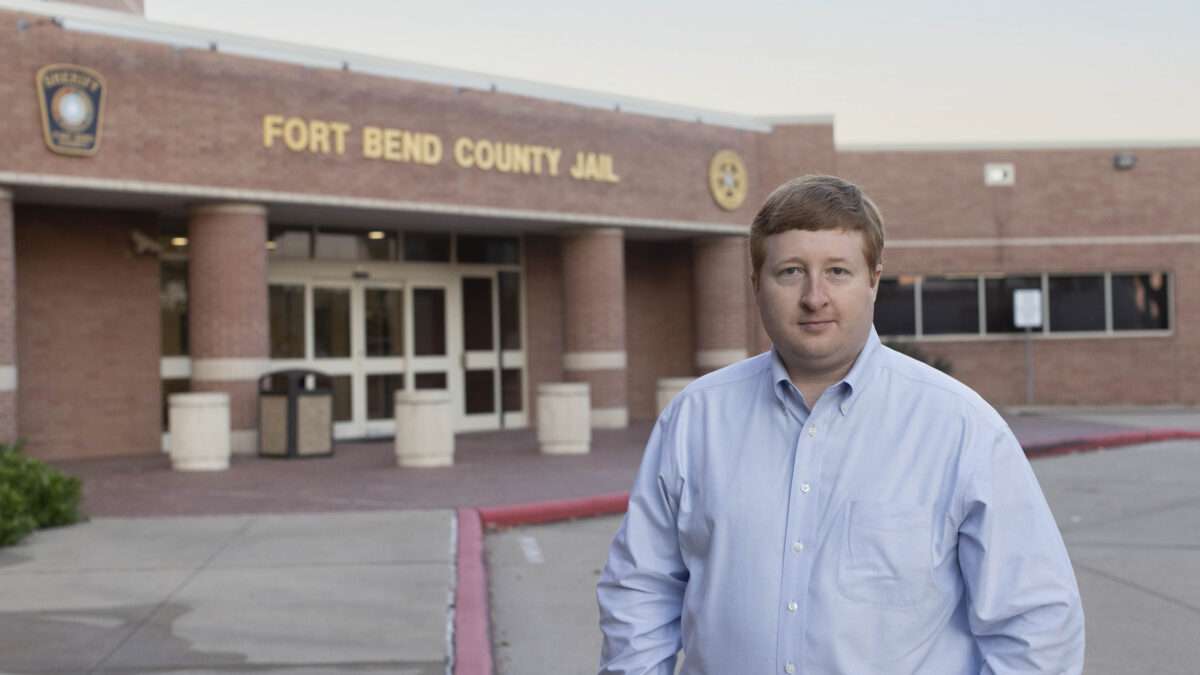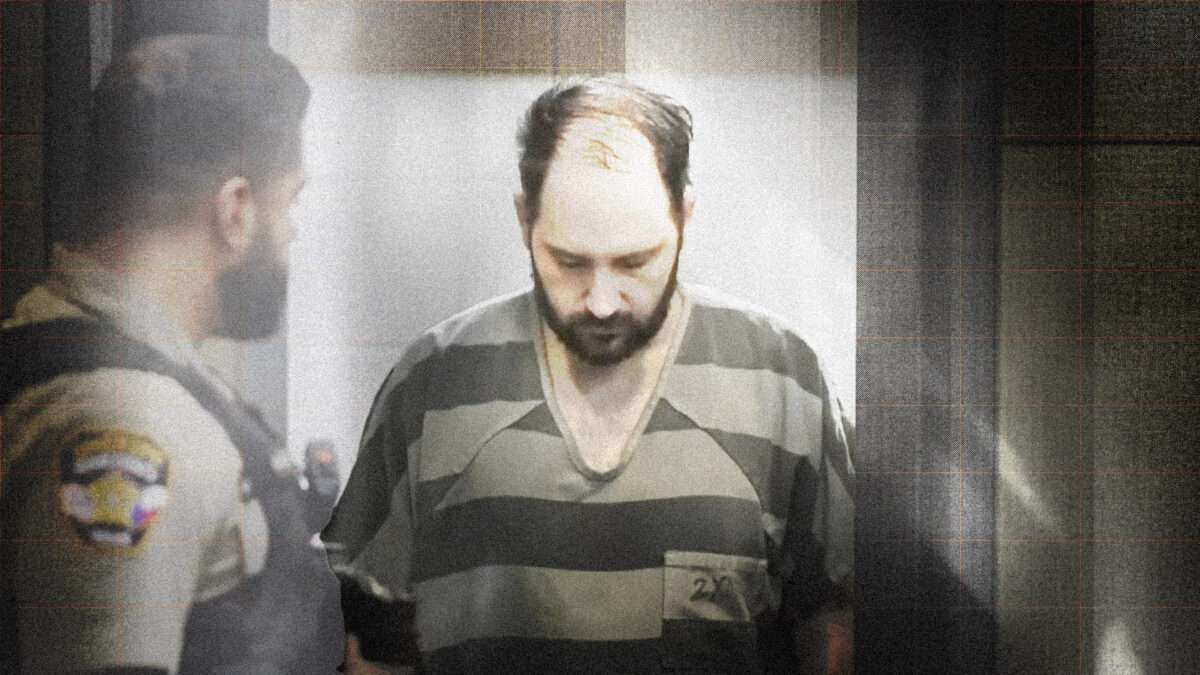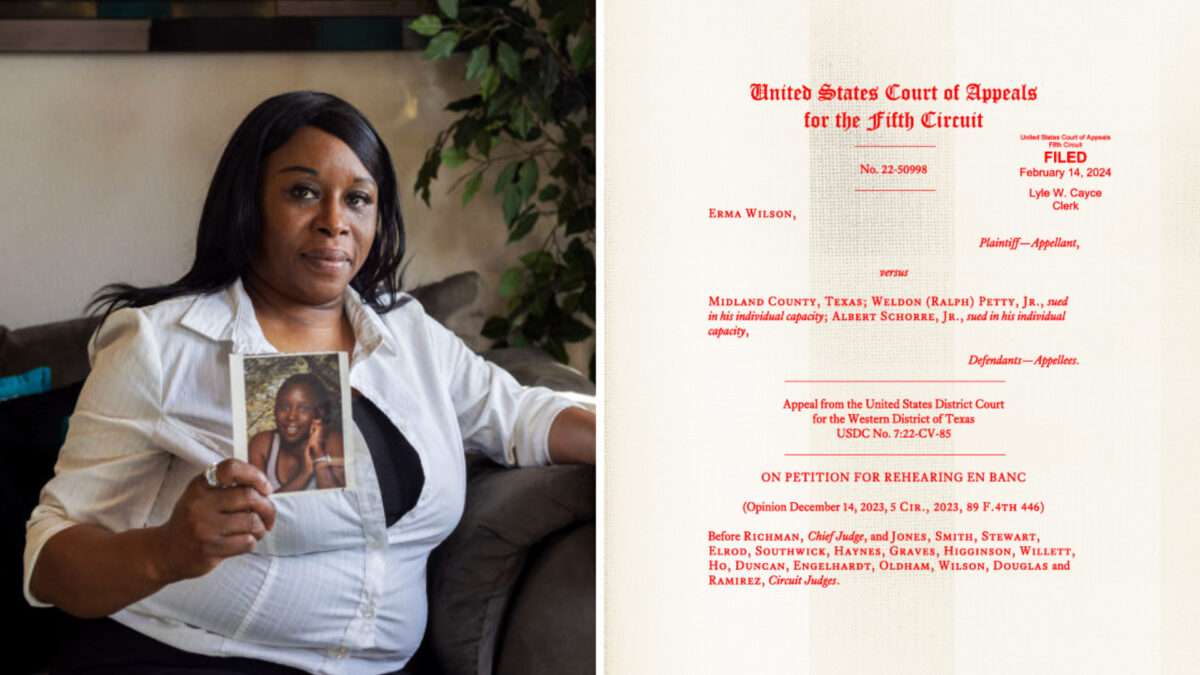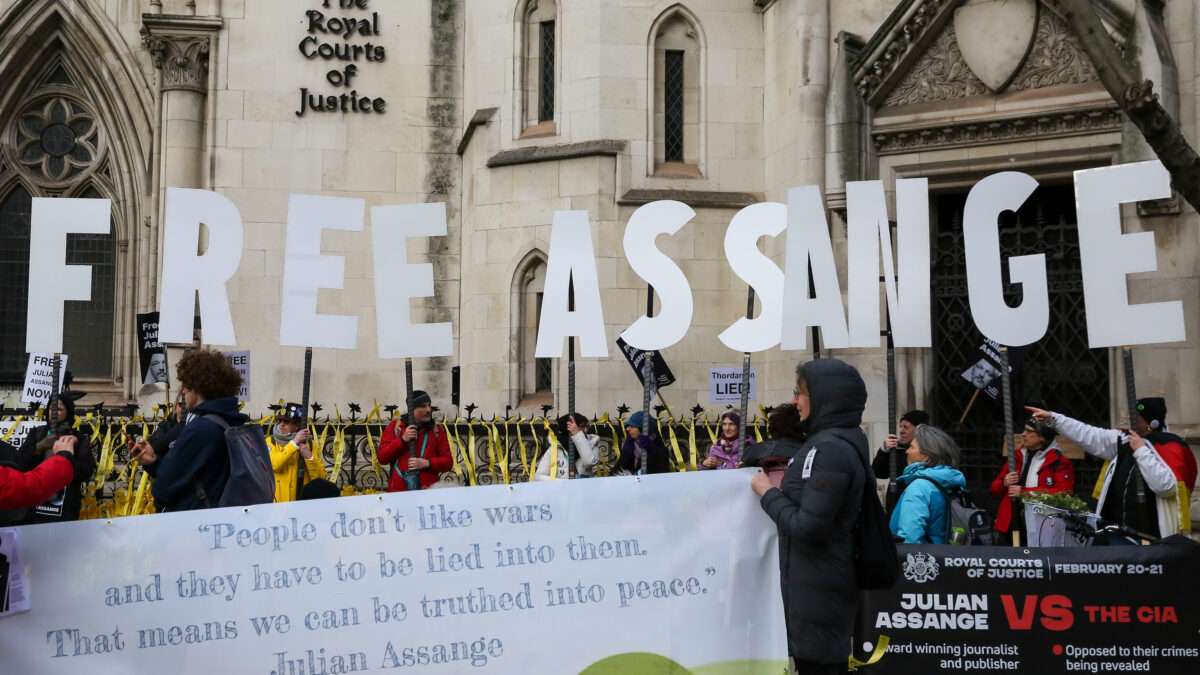BAE Systems and GlobalFoundries are teaming up to strengthen the supply of chips for national security programs, aligning technology roadmaps and collaborating on innovation and manufacturing. Focus areas include advanced packaging, GaN-on-silicon chips, silicon photonics, and advanced technology process development.
Onsemi plans to build a $2 billion silicon carbide production plant in the Czech Republic. The site would produce smart power semiconductors for electric vehicles, renewable energy technology, and data centers.
The global chip manufacturing industry is projected to boost capacity by 6% in 2024 and 7% in 2025, reaching 33.7 million 8-inch (200mm) wafers per month, according to SEMI‘s latest World Fab Forecast report. Leading-edge capacity for 5nm nodes and below is expected to grow by 13% in 2024, driven by AI demand for data center applications. Additionally, Intel, Samsung, and TSMC will begin producing 2nm chips using gate-all-around (GAA) FETs next year, boosting leading-edge capacity by 17% in 2025.
At the IEEE Symposium on VLSI Technology & Circuits, imec introduced:
- Functional CMOS-based CFETs with stacked bottom and top source/drain contacts.
- CMOS-based 56Gb/s zero-IF D-band beamforming transmitters to support next-gen short-range, high-speed wireless services at frequencies above 100GHz.
- ADCs for base stations and handsets, a key step toward scalable, high-performance beyond-5G solutions, such as cloud-based AI and extended reality apps.
Quick links to more news:
Global
In-Depth
Market Reports
Education and Training
Security
Product News
Research
Events and Further Reading
Global
Wolfspeed postponed plans to construct a $3 billion chip plant in Germany, underscoring the EU‘s challenges in boosting semiconductor production, reports Reuters. The North Carolina-based company cited reduced capital spending due to a weakened EV market, saying it now aims to start construction in mid-2025, two years later than 0riginally planned.
Micron is building a pilot production line for high-bandwidth memory (HBM) in the U.S., and considering HBM production in Malaysia to meet growing AI demand, according to a Nikkei report. The company is expanding HBM R&D facilities in Boise, Idaho, and eyeing production capacity in Malaysia, while also enhancing its largest HBM facility in Taichung, Taiwan.
Kioxia restored its Yokkaichi and Kitakami plants in Japan to full capacity, ending production cuts as the memory market recovers, according to Nikkei. The company, which is focusing on NAND flash production, has secured new bank credit support, including refinancing a ¥540 billion loan and establishing a ¥210 billion credit line. Kioxia had reduced output by more than 30% in October 2022 due to weak smartphone demand.
Europe’s NATO Innovation Fund announced its first direct investments, which includes semiconductor materials. Twenty-three NATO allies co-invested in this over $1B fund devoted to address critical defense and security challenges.
The second meeting of the U.S.–India Initiative on Critical and Emerging Technology (iCET) was held in New Delhi, with various funding and initiatives announced to support semiconductor technology, next-gen telecommunications, connected and autonomous vehicles, ML, and more.
Amazon announced investments of €10 billion in Germany to drive innovation and support the expansion of its logistics network and cloud infrastructure.
Quantum Machines opened the Israeli Quantum Computing Center (IQCC) research facility, backed by the Israel Innovation Authority and located at Tel Aviv University. Also, Israel-based Classiq is collaborating with NVIDIA and BMW, using quantum computing to find the optimal automotive architecture of electrical and mechanical systems.
Global data center vacancy rates are at historic lows, and power availability is becoming less available, according to a Siemens report featured on Broadband Breakfast. The company called for an influx of financing to find new ways to optimize data center technology and sustainability.
In-Depth
Semiconductor Engineering published its Manufacturing, Packaging & Materials newsletter this week, featuring these top stories:
More reporting this week:
Market Reports
Renesas completed its acquisition of Transphorm and will immediately start offering GaN-based power products and reference designs to meet the demand for wide-bandgap (WBG) chips.
Revenues for the top five wafer fab equipment (WFE) companies fell 9% YoY in Q1 2024, according to Counterpoint. This was offset partially by increased demand for NAND and DRAM, which increased 33% YoY, and strong growth in sales to China, which were up 116% YoY.
The SiC power devices industry saw robust growth in 2023, primarily driven by the BEV market, according to TrendForce. The top five suppliers, led by ST with a 32.6% market share and onsemi in second place, accounted for 91.9% of total revenue. However, the anticipated slowdown in BEV sales and weakening industrial demand are expected to significantly decelerate revenue growth in 2024.
About 30% of vehicles produced globally will have E/E architectures with zonal controllers by 2032, according to McKinsey & Co. The market for automotive micro-components and logic semiconductors is predicted to reach $60 billion in 2032, and the overall automotive semiconductor market is expected to grow from $60 billion to $140 billion in the same period, at a 10% CAGR.
The automotive processor market generated US$20 billion in revenue in 2023, according to Yole. US$7.8 billion was from APUs and FPGAs and $12.2 billion was from MCUs. The ADAS and infotainment processors market was worth US$7.8 billion in 2023 and is predicted to grow to $16.4 billion by 2029 at a 13% CAGR. The market for ADAS sensing is expected to grow at a 7% CAGR.
Security
The CHERI Alliance was established to drive adoption of memory safety and scalable software compartmentalization via the security technology CHERI, or Capability Hardware Enhanced RISC Instructions. Founding members include Capabilities Limited, Codasip, the FreeBSD Foundation, lowRISC, SCI Semiconductor, and the University of Cambridge.
In security research:
- Japan and China researchers explored a NAND-XOR ring oscillator structure to design an entropy source architecture for a true random number generator (TRNG).
- University of Toronto and Carleton University researchers presented a survey examining how hardware is applied to achieve security and how reported attacks have exploited certain defects in hardware.
- University of North Texas and Texas Woman’s University researchers explored the potential of hardware security primitive Physical Unclonable Functions (PUF) for mitigation of visual deepfakes.
- Villanova University researchers proposed the Boolean DERIVativE attack, which generalizes Boolean domain leakage.
Post-quantum cryptography firm PQShield raised $37 million in Series B funding.
Former OpenAI executive, Ilya Sutskever, who quit over safety concerns, launched Safe Superintelligence Inc. (SSI).
EU industry groups warned the European Commission that its proposed cybersecurity certification scheme (EUCS) for cloud services should not discriminate against Amazon, Google, and Microsoft, reported Reuters.
Cyber Europe tested EU cyber preparedness in the energy sector by simulating a series of large-scale cyber incidents in an exercise organized by the European Union Agency for Cybersecurity (ENISA).
The Cybersecurity and Infrastructure Security Agency (CISA) issued a number of alerts/advisories.
Education and Training
New York non-profit NY CREATES and South Korea’s National Nano Fab Center partnered to develop a hub for joint research, aligned technology services, testbed support, and an engineer exchange program to bolster chips-centered R&D, workforce development, and each nation’s high-tech ecosystem.
New York and the Netherlands agreed on a partnership to promote sustainability within the semiconductor industry, enhance workforce development, and boost semiconductor R&D.
Rapidus is set to send 200 engineers to AI chip developer Tenstorrent in the U.S. for training over the next five years, reports Nikkei. This initiative, led by Japan’s Leading-edge Semiconductor Technology Center (LSTC), aims to bolster Japan’s AI chip industry.
Product News
UMC announced its 22nm embedded high voltage (eHV) technology platform for premium smartphone and mobile device displays. The 22eHV platform reduces core device power consumption by up to 30% compared to previous 28nm processes. Die area is reduced by 10% with the industry’s smallest SRAM bit cells.
Alphawave Semi announced a new 9.2 Gbps HBM3E sub-system silicon platform capable of 1.2 terabytes per second. Based on the HBM3E IP, the sub-system is aimed at addressing the demand for ultra-high-speed connectivity in high-performance compute applications.
Movellus introduced the Aeonic Power product family for on-die voltage regulation, targeting the challenging area of power delivery.
Cadence partnered with Semiwise and sureCore to develop new cryogenic CMOS circuits with possible quantum computing applications. The circuits are based on modified transistors found in the Cadence Spectre Simulation Platform and are capable of processing analog, mixed-signal, and digital circuit simulation and verification at cryogenic temperatures.
Renesas launched R-Car Open Access (RoX), an integrated development platform for software-defined vehicles (SDVs), designed for Renesas R-Car SoCs and MCUs with tools for deployment of AI applications, reducing complexity and saving time and money for car OEMs and Tier 1s.
Infineon released industry-first radiation-hardened 1 and 2 Mb parallel interface ferroelectric-RAM (F-RAM) nonvolatile memory devices, with up to 120 years of data retention at 85-degree Celsius, along with random access and full memory write at bus speeds. Plus, a CoolGaN Transistor 700 V G4 product family for efficient power conversion up to 700 V, ideal for consumer chargers and notebook adapters, data center power supplies, renewable energy inverters, and more.
Ansys adopted NVIDIA’s Omniverse application programming interfaces for its multi-die chip designers. Those APIs will be used for 5G/6G, IoT, AI/ML, cloud computing, and autonomous vehicle applications. The company also announced ConceptEV, an SaaS solution for automotive concept design for EVs.

Fig. 1: Field visualization of 3D-IC with Omniverse. Source: Ansys
QP Technologies announced a new dicing saw for its manufacturing line that can process a full cassette of 300mm wafers 7% faster than existing tools, improving throughput and productivity.
NXP introduced its SAF9xxx of audio DSPs to support the demand for AI-based audio in software-defined vehicles (SDVs) by using Cadence’s Tensilica HiFi 5 DSPs combined with dedicated neural-network engines and hardware-based accelerators.
Avionyx, a provider of software lifecycle engineering in the aerospace and safety-critical systems sector, partnered with Siemens and will leverage its Polarion application lifecycle management (ALM) tool. Also, Dovetail Electric Aviation adopted Siemens Xcelerator to support sustainable aviation.
Research
Researchers from imec and KU Leuven released a +70 page paper “Selecting Alternative Metals for Advanced Interconnects,” addressing interconnect resistance and reliability.
A comprehensive review article — “Future of plasma etching for microelectronics: Challenges and opportunities” — was created by a team of experts from the University of Maryland, Lam Research, IBM, Intel, and many others.
Researchers from the Institut Polytechnique de Paris’s Laboratory of Condensed Matter for Physics developed an approach to investigate defects in semiconductors. The team “determined the spin-dependent electronic structure linked to defects in the arrangement of semiconductor atoms,” the first time this structure has been measured, according to a release.
Lawrence Berkeley National Laboratory-led researchers developed a small enclosed chamber that can hold all the components of an electrochemical reaction, which can be paired with transmission electron microscopy (TEM) to generate precise views of a reaction at atomic scale, and can be frozen to stop the reaction at specific time points. They used the technique to study a copper catalyst.
The Federal Drug Administration (FDA) approved a clinical trial to test a device with 1,024 nanoscale sensors that records brain activity during surgery, developed by engineers at the University of California San Diego (UC San Diego).
Events and Further Reading
Find upcoming chip industry events here, including:
| Event |
Date |
Location |
| Standards for Chiplet Design with 3DIC Packaging (Part 2) |
Jun 21 |
Online |
| DAC 2024 |
Jun 23 – 27 |
San Francisco |
| RISC-V Summit Europe 2024 |
Jun 24 – 28 |
Munich |
| Leti Innovation Days 2024 |
Jun 25 – 27 |
Grenoble, France |
| ISCA 2024 |
Jun 29 – Jul 3 |
Buenos Aires, Argentina |
| SEMICON West |
Jul 9 – 11 |
San Francisco |
| Flash Memory Summit |
Aug 6 – 8 |
Santa Clara, CA |
| USENIX Security Symposium |
Aug 14 – 16 |
Philadelphia, PA |
| Hot Chips 2024 |
Aug 25- 27 |
Stanford University |
|
|
|
| Find All Upcoming Events Here |
|
|
|
|
|
Upcoming webinars are here.
Semiconductor Engineering’s latest newsletters:
Automotive, Security and Pervasive Computing
Systems and Design
Low Power-High Performance
Test, Measurement and Analytics
Manufacturing, Packaging and Materials
The post Chip Industry Week In Review appeared first on Semiconductor Engineering.





















